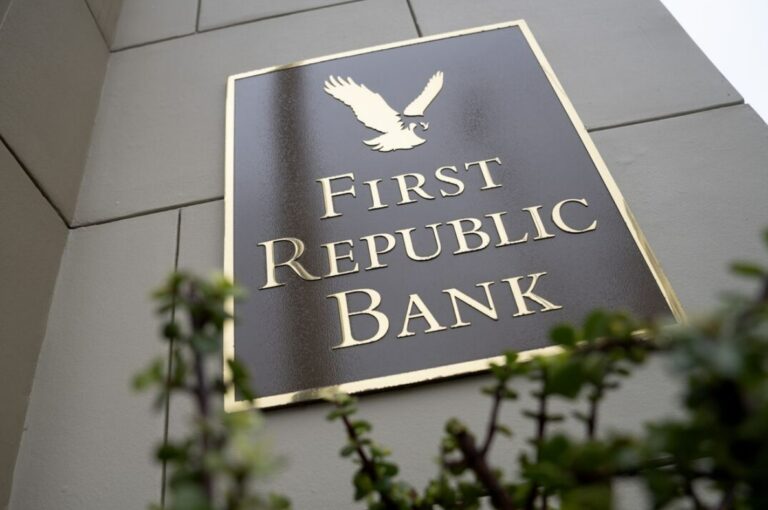The recent First Republic Bank crisis has led many to question the health of the U.S. and global banking system. The California regional bank was only the latest in a long line of banking crises that have occurred in the U.S. in the space of a few weeks.
Let us then try to understand what is happening in the U.S. and on a global scale.
Table of Contents
Chronology of the banking crisis
The First Republic Bank crisis is just the latest link in a long chain that has affected numerous banks in the U.S. and beyond. This was triggered by a series of countless factors that have eroded the stability and soundness of the banking system. Particularly, the U.S. banking system.
The U.S. banking system has been put to the test in recent months. Seeing the collapse, in quick succession, of some of the country’s largest banks. In order, Silicon Valley Bank and Signature Bank, and ultimately First Republic Bank collapsed.
Beyond these, countless smaller local and regional banks collapsed. Thus dragged down by the thud of the banking giants brought to their knees.
The banking crisis in truth did not only affect the U.S. In fact, during the same period, other banks, outside the U.S., were also challenged by the crisis.
However, the different organization and resilience of the European banking system, compared to the American one, allowed the banks of the old continent, to withstand the blow with greater stability and balance.
Despite this, some European and Swiss banks, especially Credit Suisse, were swept away by the crisis.
The reasons for the crisis
In analyzing the current banking crisis, many have drawn parallels with the banking crisis of 2008. This was a crisis of global scope that resulted in an economic and financial crisis. So deep that it brought many state economies to their knees.
There are, however, profound differences between the crisis that hit U.S. banks in 2008 and the current crisis, in particular, among the triggers. To be more direct, The Silicon Valley Bank crisis or the First Republic Bank crisis, is profoundly and structurally different from the crisis that involved Lehman Brothers in 2008.
Among the many factors that caused the current banking crisis are high inflation, the increase in interest rates desired by central banks, and the stagnation of the economy. This, caused by the succession of a series of macroeconomic and geopolitical events that have challenged global trade.
What will happen to U.S. banks?
With the rescue of First Republic Bank by JP Morgan & Chase, the banking crisis should be contained. Although, the effects of the long wave of the failure of some of the largest banking institutions in the U.S. may not be here yet.
The U.S. authority will be closely monitoring the banking system in the coming months. This, in an attempt to identify any crises that need to be corrected with immediate effect. But beyond that, it seems that the risks for a catastrophic drift and a global crisis, are still marginal.
It seems that, despite concerns, neither the Silicon Valley Bank crisis nor the First Republic crisis has evolved into a new Lehman Brothers. And thus a global economic crisis.
Outside the U.S., on the other hand, in Europe in particular, the crisis of these banking institutions has been absorbed with not too much difficulty. This is thanks to the different structure of the banking system. That, in recent years, has found its own way to protect itself from any scenarios. Such as the one that presented itself in 2008.
Read also: Bank sector crisis, what are the risks that European and American institutions face












